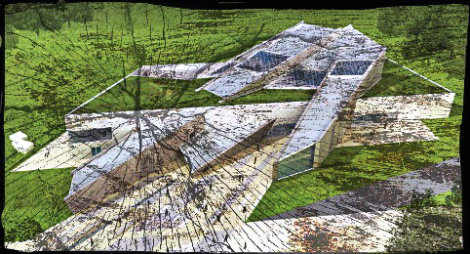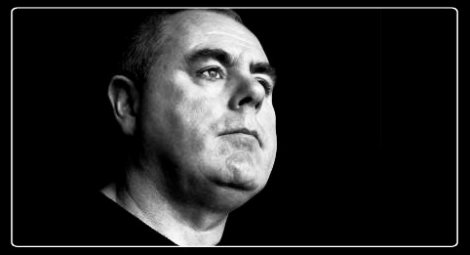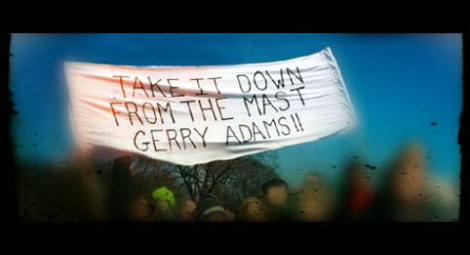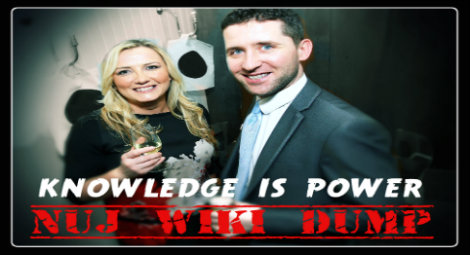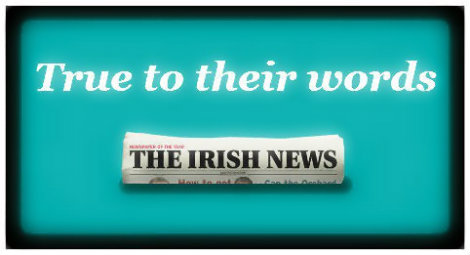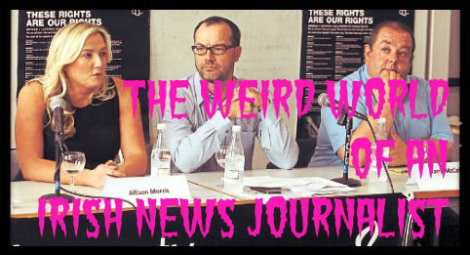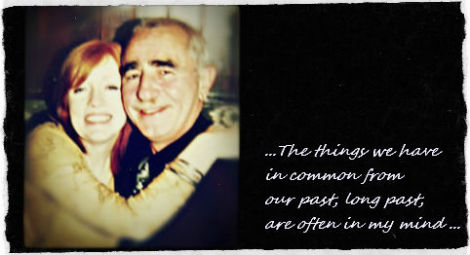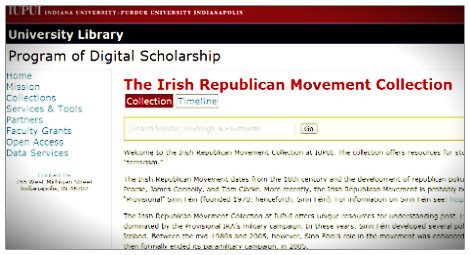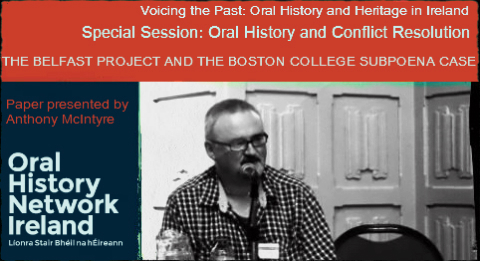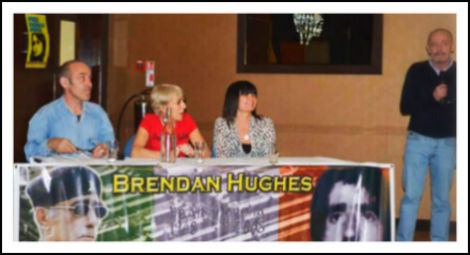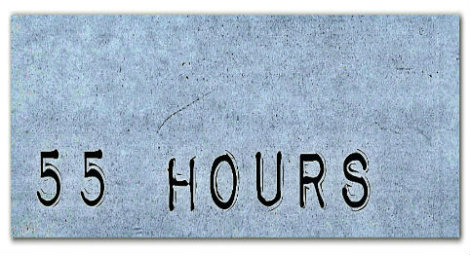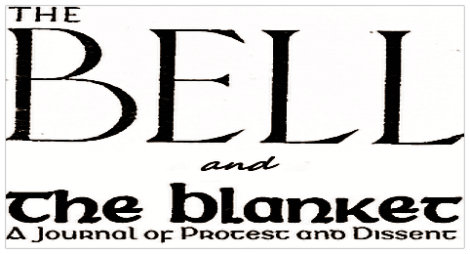Oh, the hilarity. The frappuccino-drinking classes have whipped themselves up into a froth over the appearance of a fool on the BBC’s Question Time programme – Jason Walsh
It was great to see Nick Griffin, leader of the British National Party, appear on Question Time a few evenings back. I rarely watch the show, usually having drifted off to sleep by the time its slot is filled. What prompted me to stay up in front of the TV on this particular evening, albeit having drifted off earlier on the settee during the long losing battle against heavy eye lids, was the publicity given to Griffin’s appearance by mobs of censors trying to stop him speaking. Had they not highlighted his upcoming appearance I, presumably like thousands of others, would not have known about it. In Belfast the thought police had gathered at the BBC’s Ormeau Avenue HQ pitted against a much smaller group of racist backers of the BNP. In different times I had found myself outside the same building, probably with some of the same people from the larger of the two contingents, protesting against freedom of expression being suppressed. So it was with some bemusement that I observed a crowd gather to demand the immediate introduction of censorship.
Other images which served as a money-couldn’t-buy promotion for the Griffin appearance were broadcast from the West London station which was hosting the Question Time panel discussion. A bespectacled woman being dragged across the floor, realising the cameras were on her, found the composure to scream ‘shame’ at the BBC. She certainly does not do irony. Spurred on by her own authoritarian disposition she awarded herself the right to decide for the rest of us what views we will or will not listen to while incongruously screaming ‘fascist’ at everybody else.
That the censors marched against the public’s right to hear, view and make up their own minds was not entirely self-defeating. True, there was little in the way of strategic intellect employed or objectives fulfilled. They sought the BNP leader censored; they failed but by their antics ultimately ensured Griffin got a much larger audience than he would have sans the promotional protests. But in guaranteeing the former Cambridge boxing blue such a large audience the actions of the censorship lobby, despite their best efforts, inadvertently exposed Griffin as a clown to a much wider section of the British electorate.
Which provides justification for the BBC having let Nick Griffin have his say and the public to make their response without being told how to think by some dictator of the proletariat. Stung by criticism that the corporation handled the matter badly it is justification the BBC wants. It did not seek a debate but a mauling match in which the sharpest teeth belonged to the Question Time panel chair. However Griffin performed, good or bad, the BBC was justified in letting him on. It did not have to seek validation in his miserable outing, a timorous, populist and unprincipled way of approaching the matter. Validation lies in opting not to muzzle a significant number of people who make up the British electorate. That he performed so badly should be neither here nor there to the BBC.
According to Nick Griffin his participation was to have been a ‘milestone in the indomitable march of the British National Party towards saving our country.’ He was certainly not referring to saving the country from comedy. His performance was a joke. His delivery was uninspiring; a pathetic man representing a pathetic cause. He wasn’t even an empty suit, just a thug in a suit. The tide of censorship went out and without it as cover Nick Griffin was shown to be stark naked. A BNP supporter most certainly understated the case when he said, ‘it was quite a bad performance by Griffin in comparison to his other TV appearances ... he did seem overawed by the occasion and was not, for the most part, at his best.’
Britain's first black British woman MP, Diane Abbott, long presumably on Griffin’s repatriation list, objected to his appearance on the grounds that it was ‘wrong and offensive ... what it does is it sanitises them, that's what it does, that's why it's wrong.’ But it did anything but sanitise them. It made the party appear dirty and uncouth, its leader odious and oleaginous. The projection of the Griffin persona onto the vision panel of the viewing public produced a character worthy of a BNP punch cartoon; a knuckle walker who would not appear out of place grooming and picking nits from the head of Mark Collett. No longer do we need political cartoonists to caricature the BNP. Nick Griffin did it all on his own.
The veils of censorship that long allowed a mystique to envelop both he and his party have been stripped away and now his banality is there for all to see. And as Hannah Arendt reminded us with her great phrase 'the banality of evil', the banal side of his character makes him no less malevolent. He grinned a lot and tried to come over as a ‘hail fellow well met’ type of guy, opting for a bit of unreciprocated backslapping with Bonnie Greer. But his virulence is both matched and negated by his vacuity. His grinning made him look like the human equivalent of a laughing hyena or a leering jackal ever ready to pounce and scavenge on human despair and prejudice. Overall, despite his laughing, he was more laughed at.
Nick Griffin’s appearance on Question Time was a double victory; against the censors who sought to vanish him, and over the BNP whose claim to even a modicum of intellectual gravitas was shown to be fictitious by its leader’s inept performance.













